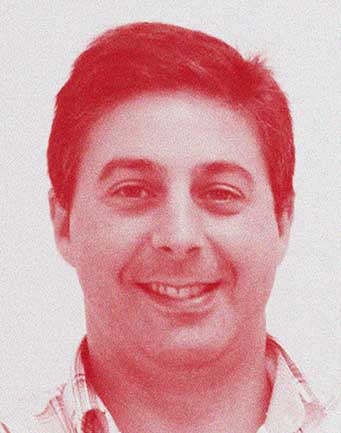Paulo Gomes
(Critical Software)
Short bio:
Paulo Gomes has more than 20 years of experience in the areas of Artificial Intelligence (AI) and Machine Learning (ML). A professional path that started in the University of Coimbra in 1996 where he was an Assistant Professor and Researcher until December 2015. Finished his PhD in 2004 in the AI area, and since then coordinated more than 30 industry projects within the University scope. Parallel to the academic career, he was the founder of three companies:
1.) Datastream in 1999, a company that developed Data Mining (DM or Data Science) and ML projects, where he was CFO and business manager;
2.) AKTWise in 2008, a company that worked in the area of Software Reuse using AI, where he was CEO; and
3.) Wizdee in 2009, a company that created a Natural Language Search Engine for Analytics using AI and ML, he was CEO and raised 1,5M€ in venture capital, the company was later acquired in 2016.
Title:
Artificial Intelligence Engineering:
A Critical View
Abstract:
Artificial Intelligence has been heavily in the news with a strong push from companies such as: Google, Microsoft, Amazon, Facebook, IBM, etc. There is a good side to it, such as the projection that the area has and the amount of investment that it is attracting. But there is also a not so good side, such as the idea that several people have about machines taking over the world, or just our jobs. In this talk, I will show some examples of the repercussions of this hype around AI in the field of developing AI solutions. I will describe some examples of how real projects have been affected and what I think it is the human element in AI projects. I will also present my vision, from the engineering point of view, of how the field is going to evolve.
Other lectures:
Keynote lecturer:
Helder Coelho (University of Lisbon)
Other lectures (confirmed):
Luc Steels (Catalan Institute for Advanced Studies (ICREA)) |
Matteo Valleriani (Max Planck Institute for the History of Science) |
JJ Merelo (University of Granada) |
Jochen Büttner (Max Planck Institute for the History of Science) |
Nuno Sousa (University of Minho) |
Tony Veale (University College Dublin)
